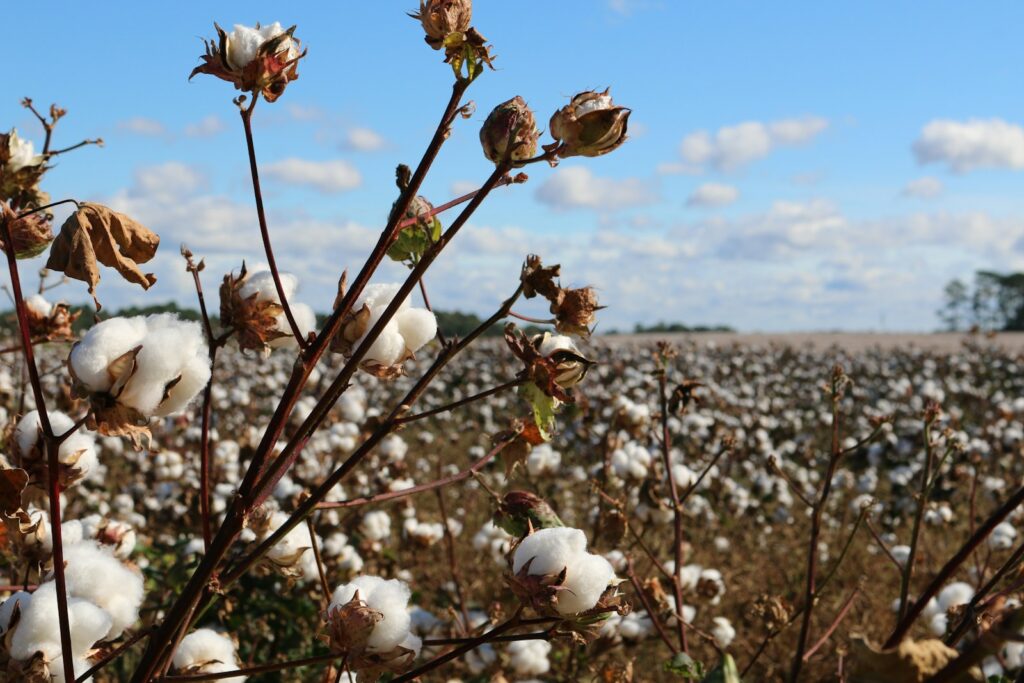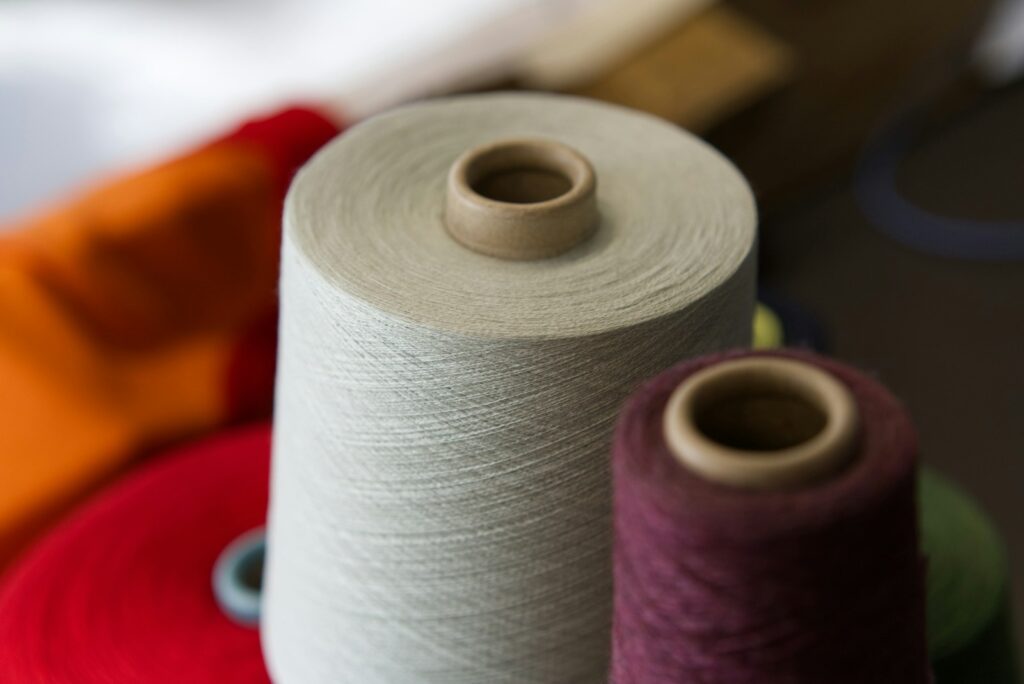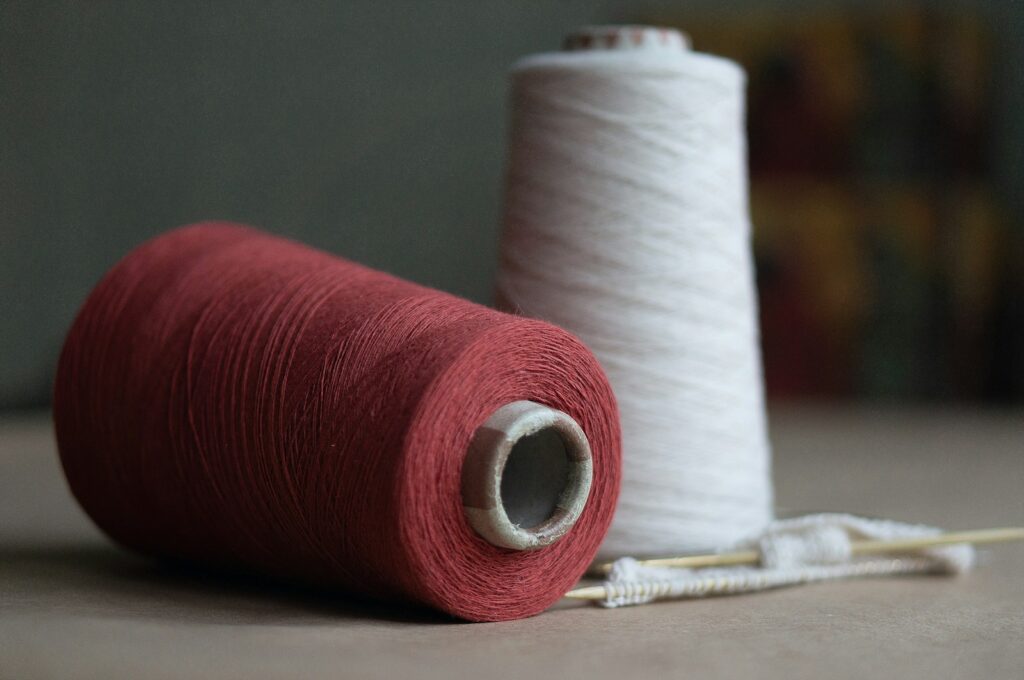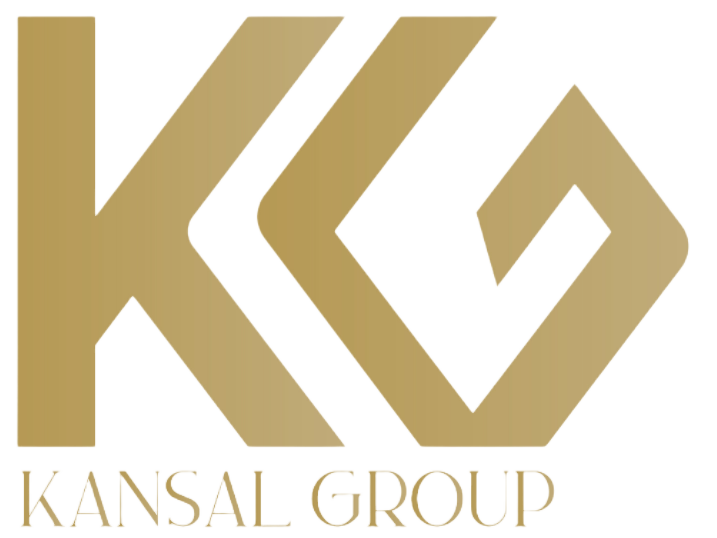Spun Yarns

M/S Kansal Spinning Mills
Leading the Future of Spun Yarn Manufacturing
A Strategic Expansion
State of the Art Facilities
Our dedicated team and state-of-the-art auto-blend machinery ensure that each thread meets top-quality standards. Utilizing the Uster Quantum 4.0 machine for quality testing, we are building an international-level spinning mill designed to produce export-quality yarn.
Advanced Yarn Making Process
Yarn making from staple fibers involves several intricate steps:
– Picking (Opening, sorting, cleaning, and blending fibers)
– Carding and Combing (Separating and aligning fibers)
– Drawing (Reblending fibers)
– Drafting (Drawing fibers into a long strand)
– Spinning (Further drawing and twisting fibers, including doubling or SIRO Yarn)
Our high-production operations utilize integrated machines that perform these steps as a combined operation, ensuring efficiency and consistency.
Common Fiber Yarns in the Textile Industry
Advantages of Synthetic Fibers
Types and Uses of Viscose Yarn
There are various qualities of Viscose yarn:
– Ne 1/30, 1/40: Commonly used for embroidery.
– 1/30, 1/40 Viscose/Modal/Micro Modal Yarn: Typically used for weaving sarees, dress materials, and knitting dress materials.
Additionally, 100% polyester yarn can be used alone or in blend proportions.
Quality and Versatility

Auto Blend Machine
At Kansal Industries, our state-of-the-art auto-blend machine ensures precise and consistent fiber blending, making it our specialty. This advanced technology guarantees the highest quality spun yarns, reflecting our commitment to excellence and innovation.

Excel / Tencel
- Concept: Derived from controlled or certified wood sources using a unique resource-saving, closed loop production process – resulting in close-to-zero wastage. Unique physical properties lead to their high tenacity profile, efficient moisture control, and gentleness to the skin.
- Features: High Dimensional stability, resistance to wash damage, wrinkle recovery, strongest cellulosic fibre
- Applications: Demins, activewear, Lingerie, nightwear, footwear, lux
- Specifications:
- 16/1, 20/1, 30/1, 40/1, 60/1

Liva eco / eco Vera
- Concept: Yarn contains unique molecular tracer which helps in source verification across the value chain. A complete information on the journey of fiber from forest to fashion is avaiable through unique QR codes.
- Features: Low water consumption, low greenhouse emission, 100% sustainable forestry, traceability of source through blockchain
- Applications: Sportswear, as well as in smaller accessories such as scarves
- Specifications:
- 60/1, 40/1,30/1, 20/1

Modal / Micro Modal
- Concept: Perfected to accentuate its brillant lustre, it has excellent drape while also improving its utility it is derived from 100% renewable natural source, allowiing to be biodegradable.
- Features: Unmatched Lustre, Blend friendly, Ease of Processing, soft feel, comfortable
- Applications: Sportswear, swimwear, Accesories many more
- Specifications:
- 40/1, 60/1, 30/1

Viscose Staple
- Concept: 100% plant based, made from wood pulp, sourced from sustainably managed forests
- Features: Moisture Management Soft, Silky providing comfort, Breathable, Velvety Drape
- Applications: Blouses and shirts.
- Specifications:
- 16/1, 20/1, 27/1, 30/1, 40/1, 50/1, 30 Siro
